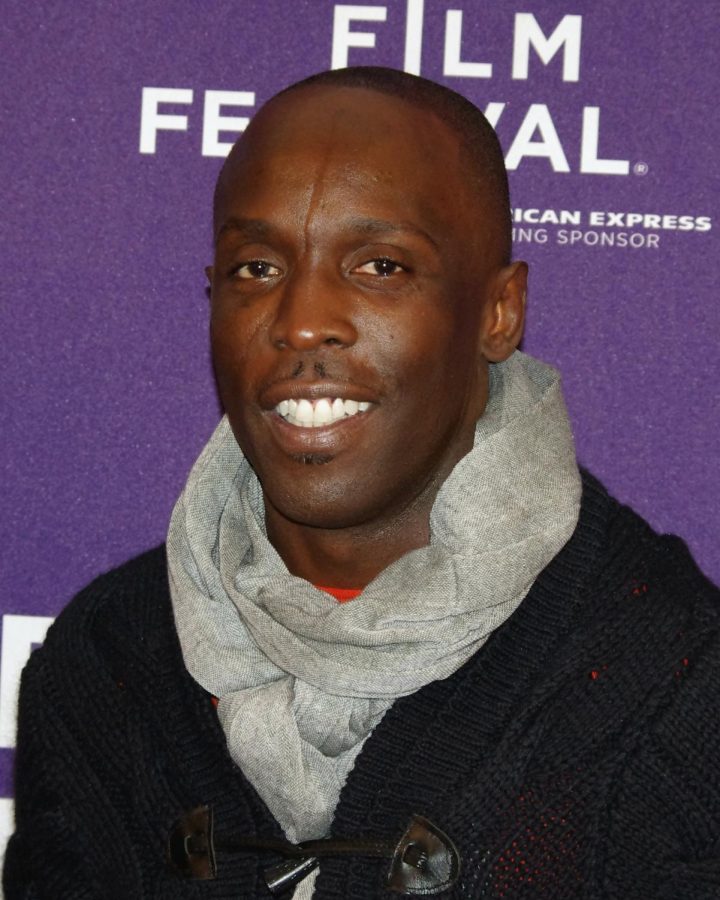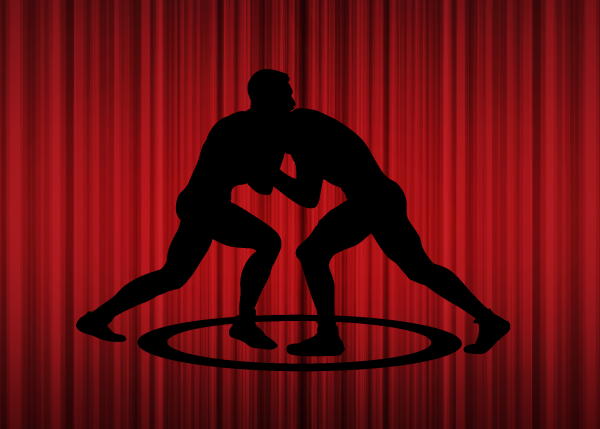How Omar Little redefined LGBTQ+ characters in television
David Shankbone on Creative Commons
Michael K. Williams’ portrayal of Omar Little received universal acclaim.
When HBO’s “The Wire,” a gritty drama revolving around the Baltimore drug trade, debuted in 2002, there was little to no LGBTQ+ representation on television and such characters were pigeonholed inside the narrow confines of mainstream media’s assumptions of how a character representing the LGBTQ+ community should act. At least until Omar Little made his first appearance.
Not directly involved in the drug trade, Omar instead makes his living off being a “stick-up man,” robbing drug dealers of both their drugs and their money. Next to his shotgun, Omar’s most powerful weapon is his reputation, as all it takes is someone yelling “Omar comin” to send everyone running. Despite his life of crime, he also has certain moral codes he lives by religiously: he does not curse, only kills when it is necessary and he does not hurt or kill anyone who is not in “the game.”
Perhaps the most interesting aspect of Omar’s character is his sexuality: he is openly gay and does not feel the need to exhibit any of the macho posturing commonly seen by those in the alpha male-dominated drug trade. He is kind and gentle with those he cares about and is fiercely loyal, arguably to a fault.
In a show mired in cruelty and corruption, Omar stands out for his kind nature and, at least compared to the other characters on “The Wire,” moral compass, which has led to him becoming arguably the most recognizable and popular character in the show’s history, with even President Obama citing Omar as his favorite character.
At a time when gay men were portrayed as little more than flamboyant comic relief, the character of Omar Little (played brilliantly by the late Michael K. Williams) proved not only that masculinity is not defined by brutality, but also that LGBTQ+ characters can be layered and complex and add great depth to an acclaimed drama like “The Wire.”






